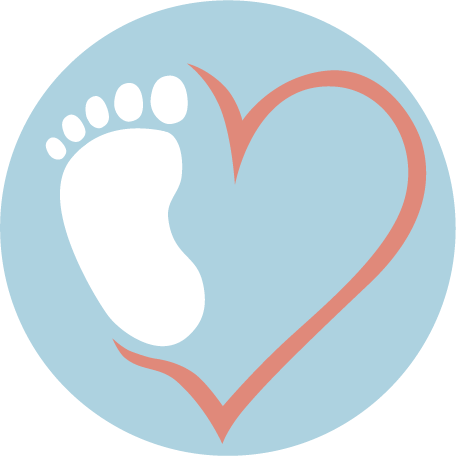
Our homes are meant to be safe havens where children can learn, play, and grow. However, it’s essential to be aware that common household items and situations can pose risks to our little ones. To ensure a secure environment, we must take proactive steps to childproof our homes. In this article, we’ll explore key home safety tips for kids, helping parents and caregivers create a protective and nurturing space.
- Childproofing BasicsBegin by childproofing the main living areas, including the kitchen, bathroom, and living room. Cover electrical outlets, secure heavy furniture to the wall, and install safety gates to block staircases. Childproof locks on cabinets containing cleaning supplies and other hazardous materials are also essential.
- Kitchen SafetyThe kitchen can be a potential danger zone for kids. Store sharp objects, cleaning products, and small items that could be choking hazards out of reach. Use stove knob covers to prevent accidental burns, and never leave cooking unattended while children are in the vicinity.
- Bathroom SafetyBathrooms can be slippery and filled with dangers. Install non-slip mats in the bathtub and place a cushioned cover over the faucet to prevent injuries during bathtime. Keep all medications, toiletries, and cleaning products securely stored in locked cabinets.
- Safe Sleep EnvironmentEnsure that your child’s crib or bed is free from hazards. Remove pillows, loose bedding, and stuffed animals from the sleeping area to reduce the risk of suffocation. Use a firm mattress with a fitted sheet and avoid placing the crib near blinds or curtains with cords.
- Fire and Carbon Monoxide SafetyInstall smoke detectors on every level of your home and in every sleeping area. Test them regularly and replace batteries as needed. Also, equip your home with carbon monoxide detectors, particularly near bedrooms and areas with gas appliances.
- Secure Windows and BalconiesWindows and balconies can be tempting for curious kids. Install window guards or locks to prevent falls. Ensure that furniture or objects near windows are not climbable.
- Poison ControlKeep the number for poison control and emergency services readily accessible. Be cautious when using and storing household chemicals and medications, and make sure they are out of reach and in childproof containers.
- Supervision and EducationWhile childproofing is crucial, supervision and education are equally important. Teach your children about potential dangers, such as not touching hot stoves or electrical outlets, and explain why these actions are unsafe.


